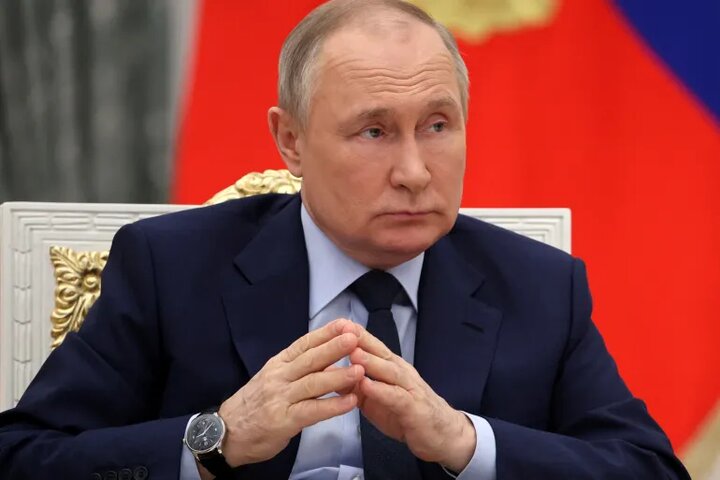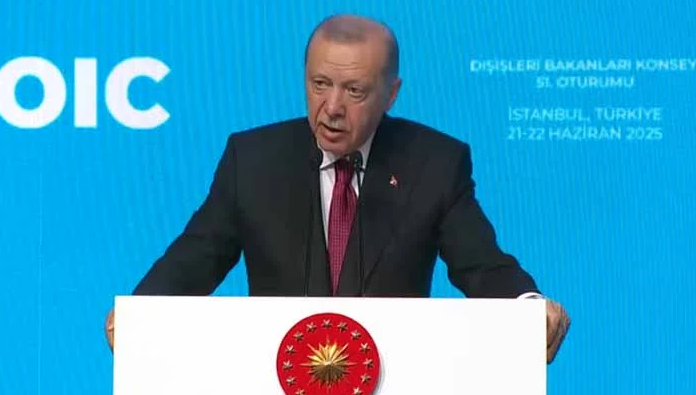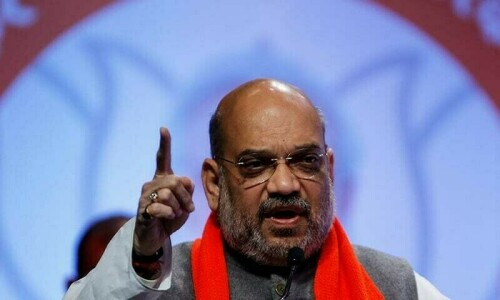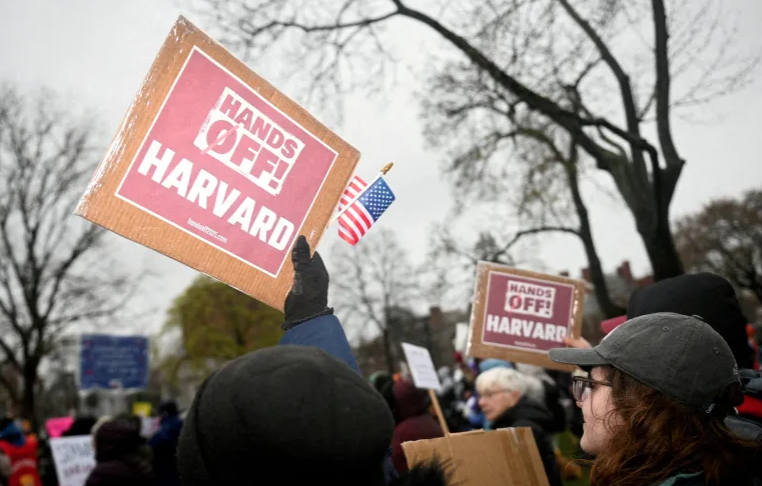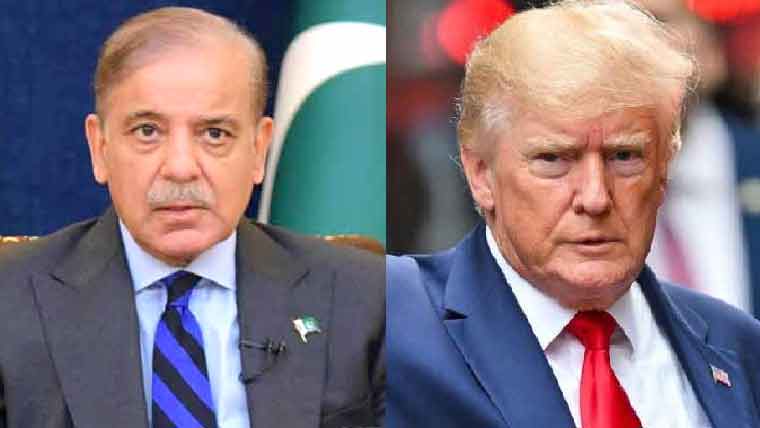WORLD NEWS
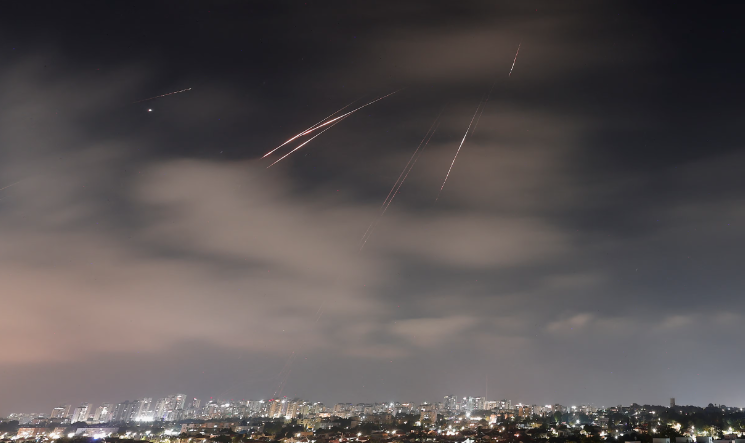
The Israel-Iran conflict entered a dangerously volatile phase on Saturday as Israel claimed responsibility for killing senior Iranian Quds Force commander Saeed Izadi in a precision strike in Qom, while Iran ruled out any negotiations over its nuclear program under ongoing bombardment.
Izadi, who headed the Palestine Corps of Iran’s elite Quds Force, had allegedly played a key role in arming and funding Hamas before its October 7, 2023, assault on Israel. His death was hailed by Israeli Defence Minister Israel Katz as a major intelligence and operational success.
Iran has confirmed that five Revolutionary Guards members were killed in Khorramabad strikes, but did not officially name Izadi. Iranian outlets initially reported that a 16-year-old was killed in the Qom strike, with two others injured.
Meanwhile, Iran’s death toll has surged past 430, with 3,500 injured since Israel began its aerial campaign on June 13, according to Iran’s state-linked Nour News. In retaliation, Iranian missile strikes have killed 24 civilians in Israel, with widespread damage reported across several cities.
Diplomacy Crumbles Amid Escalation
At a UN Security Council session, Pakistan’s envoy Asim Iftikhar called for an immediate ceasefire. But Iran’s Foreign Minister Abbas Araqchi, speaking in Istanbul during an OIC meeting, made it clear that talks with the U.S. or EU would not resume while Iran remains under Israeli bombardment.
“It is obvious I can't go to negotiations with the U.S. when our people are under bombardments under the support of the U.S,” Araqchi stated.
Araqchi accused the U.S. of indirect involvement, pointing to President Trump’s ongoing support for Israel. Trump has said he will decide in two weeks whether the U.S. should formally join the war and claimed Iran could be weeks away from nuclear capability.
High-Profile Iranian Targets Killed
Apart from Izadi, Benham Shariyari, another commander from the Quds Force, was also killed in overnight Israeli strikes. Iran’s Fars News Agency claimed military figures, nuclear scientists, and defence personnel are among the 600+ dead reported by independent sources.
Ali Shamkhani, a top advisor to Iran’s Supreme Leader, survived a targeted strike and defiantly vowed to "continue to be the reason for the enemy’s hostility."
Hospitals, Missiles, and Denials
Iran’s Health Minister Mohammadreza Zafarqandi accused Israel of attacking three hospitals, killing two health workers and a child, and damaging six ambulances. Israel denied intentionally targeting civilians but acknowledged possible “collateral damage.”
In a related incident, an Iranian missile hit a hospital in Israel’s Beersheba, wounding several.
Global Reactions & Strategic Fallout
At the OIC summit, Turkish President Erdogan accused Israel of sabotaging nuclear diplomacy ahead of planned negotiations. Russia and China joined in calls for immediate de-escalation.
Despite Geneva talks between Iran and EU officials, no breakthrough was achieved. Trump said, "Iran doesn’t want to speak to Europe. They want to speak to us."
Israel insists it will not stop attacks until Iran’s nuclear program and missile capabilities are fully dismantled. However, a senior Iranian official told Reuters that while Iran might be open to discussing limits on uranium enrichment, it will not accept a full ban, especially under current hostilities.
As diplomatic options collapse, the risk of a wider regional war looms larger — with two nuclear-capable adversaries locked in an escalating conflict and no immediate path to peace.
